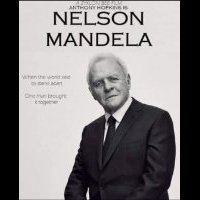Set Index And Thai Mutual Funds
-
Recently Browsing 0 members
- No registered users viewing this page.
-
Topics
-
-
Popular Contributors
-
-
Latest posts...
-
342
Crime Swedish Man Beaten by Girlfriend & Mob of 10 Men in Soi Buakhao, Pattaya
I really don't believe that comes into it at all. -
18
Report Cannabis Chaos: 12,000 Thai Shops Face Closure Under New Rules
I certainly won't complain because those scenarios have no effect on my life whatsoever, but thanks for your concern. -
1
Will weed in Thailand follow the path of prostitution?
That was my thinking as well until I went to my local shop to resupply. She's getting rid of all her product while waiting for the police telling her to shutdown. -
8
His big beautiful bill
If this BBB gets people that should be working off their butt, then surely that’s a good thing. Could do with something similar in UK, where there are far too many claiming benefits while sat on their far furry doing nothing. -
18
Report Cannabis Chaos: 12,000 Thai Shops Face Closure Under New Rules
This is a brilliant idea, it's going to put loads of people out of work to start with, business is down in them shops to start with, then all the landlords will not be to pleased loads of empty shops again,- 1
-

-
5
-
-
Popular in The Pub









.thumb.jpeg.d2d19a66404642fd9ff62d6262fd153e.jpeg)


.thumb.jpg.bc523c85a8d558dbc282dca7a2e602c9.jpg)




Recommended Posts
Create an account or sign in to comment
You need to be a member in order to leave a comment
Create an account
Sign up for a new account in our community. It's easy!
Register a new accountSign in
Already have an account? Sign in here.
Sign In Now